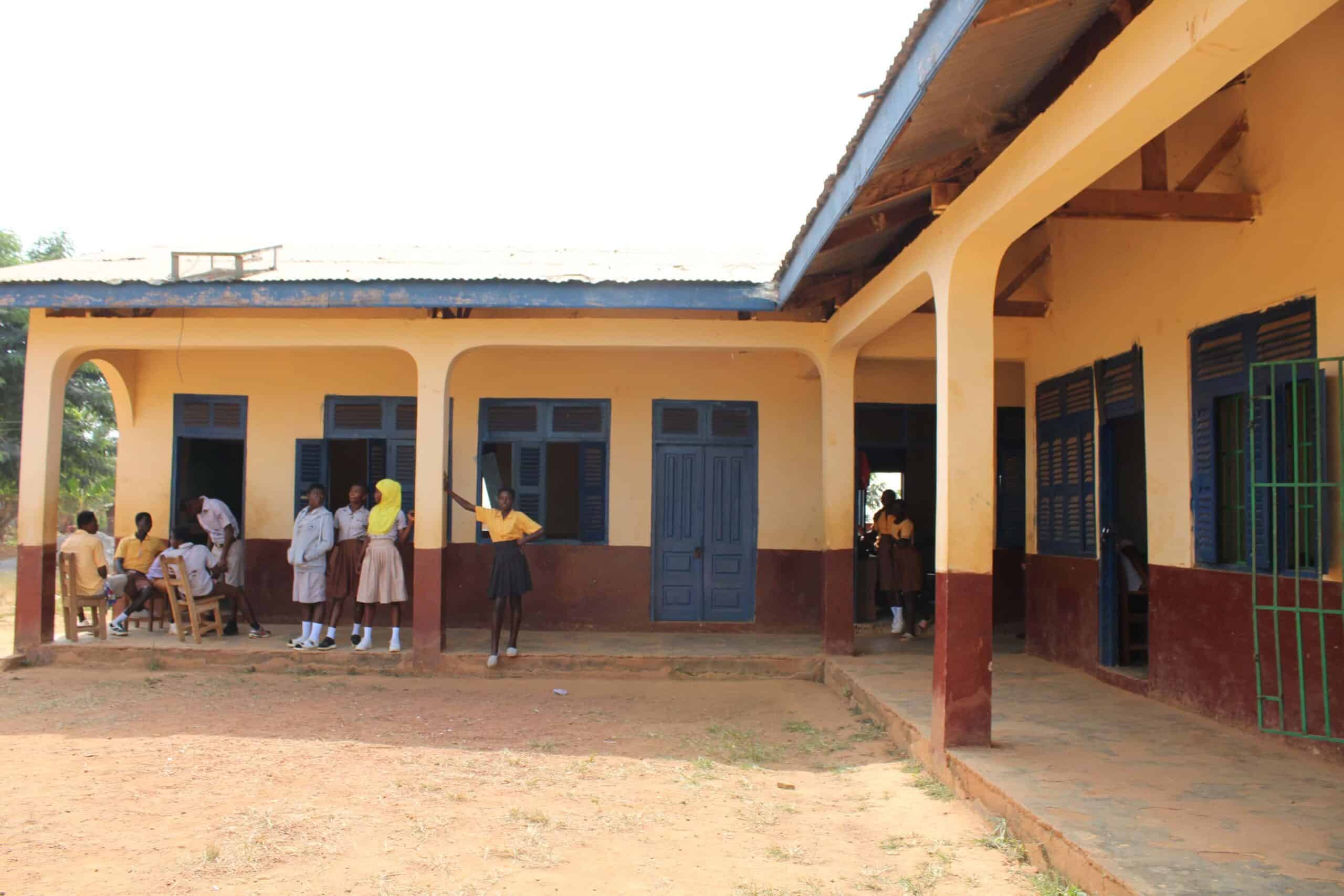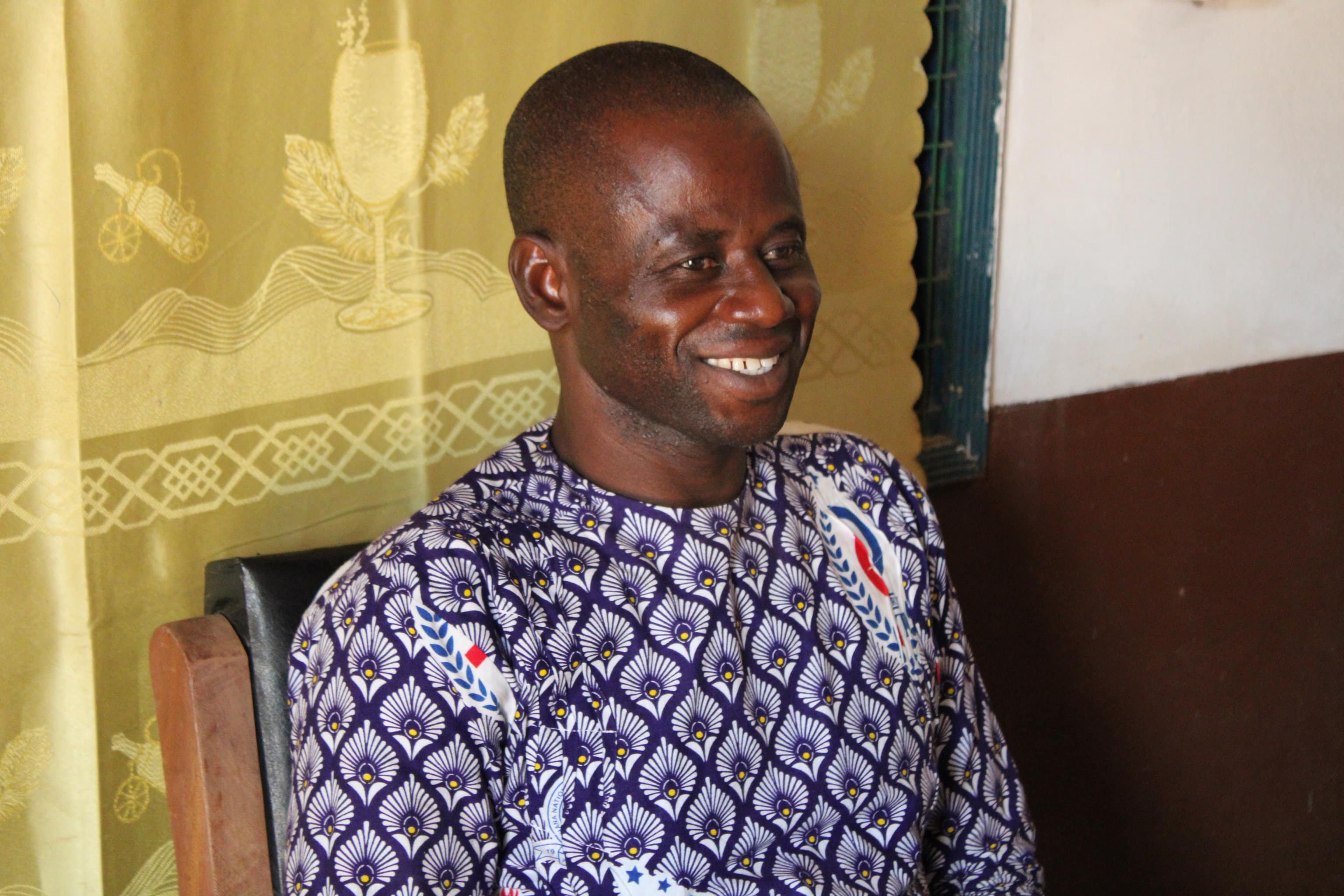
Enrollment levels at the Nkontomire Municipal Assembly Basic School in the Ashanti Region of Ghana has increased tremendously since Self-Help International began a School Feeding Program for students of the school eight years ago.
Peter Agale, the Headmaster of the school, said “there has been a 35 to 40 percent increment in enrollment at the school as a result of the school feeding program”
This is because some of the students are unable to take breakfast before coming to school and since they know they will take breakfast in the morning when they come to school they do not hesitate to come.
Hence, the students take the breakfast provided by SHI in the morning and take the one provided by the government later in the day because that one is supplied during lunch.
The headmaster who disclosed this during a visit by the School Feeding Program team to the school extended his gratitude to SHI for implementing the program in the school saying, “thank you very much”.
The aim of the visit by the project team was to distribute food items such as sugar and to find out whether they have enough maize to prepare food for the school term. 
It was also to afford the team the opportunity to gather reports about the program for the previous term and to supply spoons, cups and utensils in addition to addressing all issues that pertain to the School Feeding Program.
The School Feeding Program which began at the Nkontomire Municipal Basic School in 2014 covers six other schools, namely, Nyame Bekyere Municipal Assembly Primary School, Bedabour District Assembly Basic School, Timeabu Municipal Assembly Basic School, Fankamawe Municipal Assembly Primary School, Bedabour Islamic Basic School and Ama Badu District Assembly Basic School.
The School Feeding Program was initiated by SHI in response to the low enrolment levels in basic schools in some rural communities in the Ashanti Region of Ghana by providing school children with high quality breakfast made from Quality Protein Maize.
Children aged from two to six years benefit from this program which covers Kindergarten one, Kindergarten two and class one students.

Powered by Wapiti Digital #servetheherd
This is my rich text.
This is more rich text.
I am a list
Lists are cool